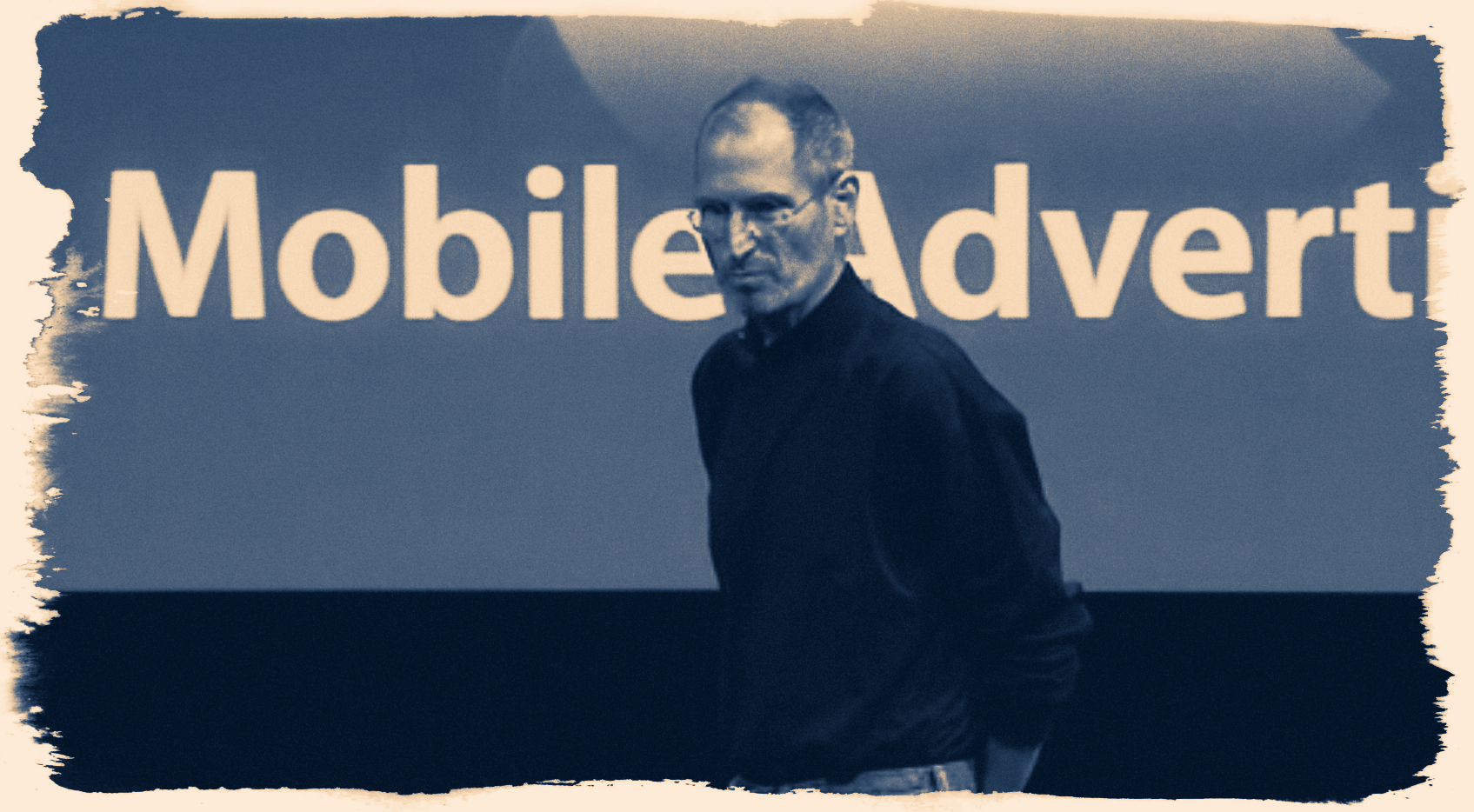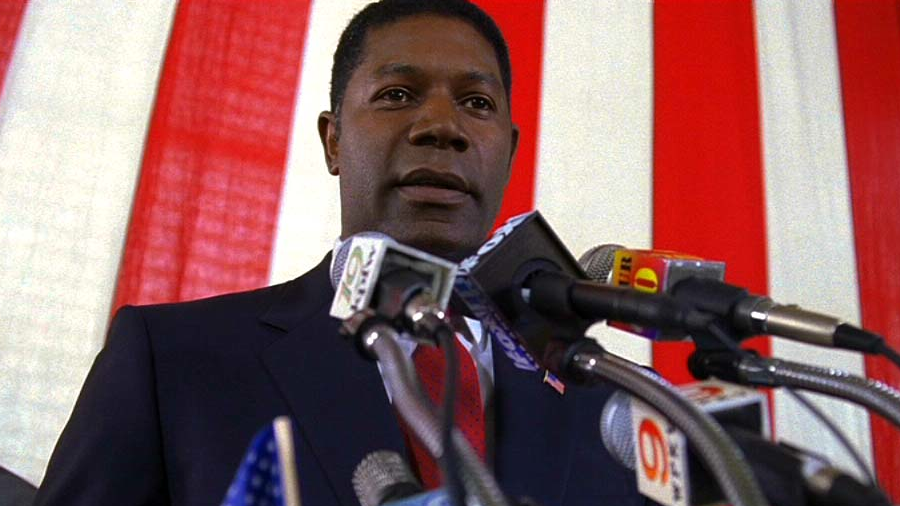As a science geek, college biology major (decades ago) and pragmatist, I am appalled that any person or company is granted patents over genes. It’s simply unconscionable to grant ownership over laws of nature, which allowance defies centuries of sound legal prudence. If the Obama Administration and 111th Congress want to do some more meaningful health-care reform, abolishing gene patents would be the right place to start.
There is something so oddly together about where genes started and where they are today. In February 1953, Francis Crick and James Watson uncovered “the secret of life” when identifying the structure of deoxyribonucleic acid, more widely known as DNA. Their pioneering work later led to the Human Genome Project, which when completed in 2003 identified “the approximately 20,000-25,000 genes in human DNA,” according to official information.









